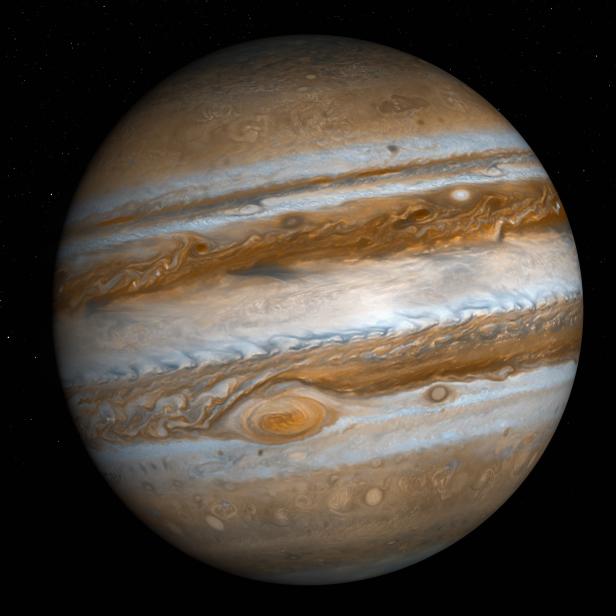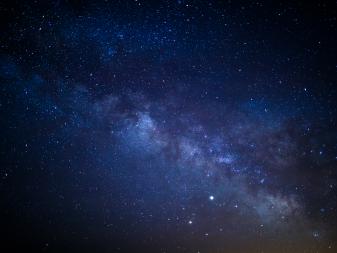
Rainer Zapka / EyeEm
Watch Out! Amateur Astronomer Watches as Jupiter Gets Whacked

Jupiter is the OG best friend in the solar system. It finds all the tiny little comets and asteroids heading for the vulnerable inner planets and takes one for the team, chewing up the dangerous rocks in its thick atmosphere. It happened again just recently, and this time an amateur astronomer caught it in the act.
It wasn’t an accident that Brazilian astronomer José Luis Pereira saw a rock strike Jupiter on the night of September 13th. He was participating in a citizen science project where amateur astronomers constantly take movies of the gas giant. When they think they see a strike, they process the video through a free software package developed by (professional) astronomers.
The astronomers are interested in just how often Jupiter gets smacked. And based on their work for the past decade, it seems that small rocks (both comets and asteroids) strike the king of planets every other year or so.
That’s great news for us. Our solar system is filled with countless bits of debris: asteroids, comets, meteoroids, and more. Most of those objects follow harmless orbits around the sun, keeping roughly the same position that they have for millions of years. But some have wicked hearts and devious minds, slipping out of stable orbits and sailing into the inner solar system.
Earth, too, has a relatively thick atmosphere, which soaks up most of the strikes we get. It’s estimated that about once a year a rock big enough to cause a nuclear bomb’s worth of energy hits us. We tend not to notice because a) the explosion usually happens in the upper atmosphere, and b) most of the Earth is uninhabited.
But that number would have been a lot worse without Jupiter. Its gigantic mass gives it a hefty gravitational pull, luring in anything around it. And it sits in the outer solar system, serving as a goalie that any inward-bound objects have to get through.
Oh and Jupiter? It doesn’t mind. It’s by far the largest planet in the solar system, with thousands of miles of thick atmosphere protecting it. Small rocks just fall apart and/or burn up in that atmosphere without causing serious damage. Even Shoemaker-Levy 9, a massive comet that broke apart and struck Jupiter in 1994, managed to leave a nasty scar that went away in just a few weeks.
It’s hard to tell just how big the rock was that Pereira spotted, or whether it was a comet or an asteroid. Whatever it was, it wasn’t all that huge, because it didn’t leave a long-lasting pockmark on Jupiter. But if that same rock were to hit Earth? Ouch.
Thanks for the solid, Jupiter.
Dive Deeper into the Cosmos
Journey Through the Cosmos in an All-New Season of How the Universe Works
Watch on Science Channel and stream on discovery+.




















